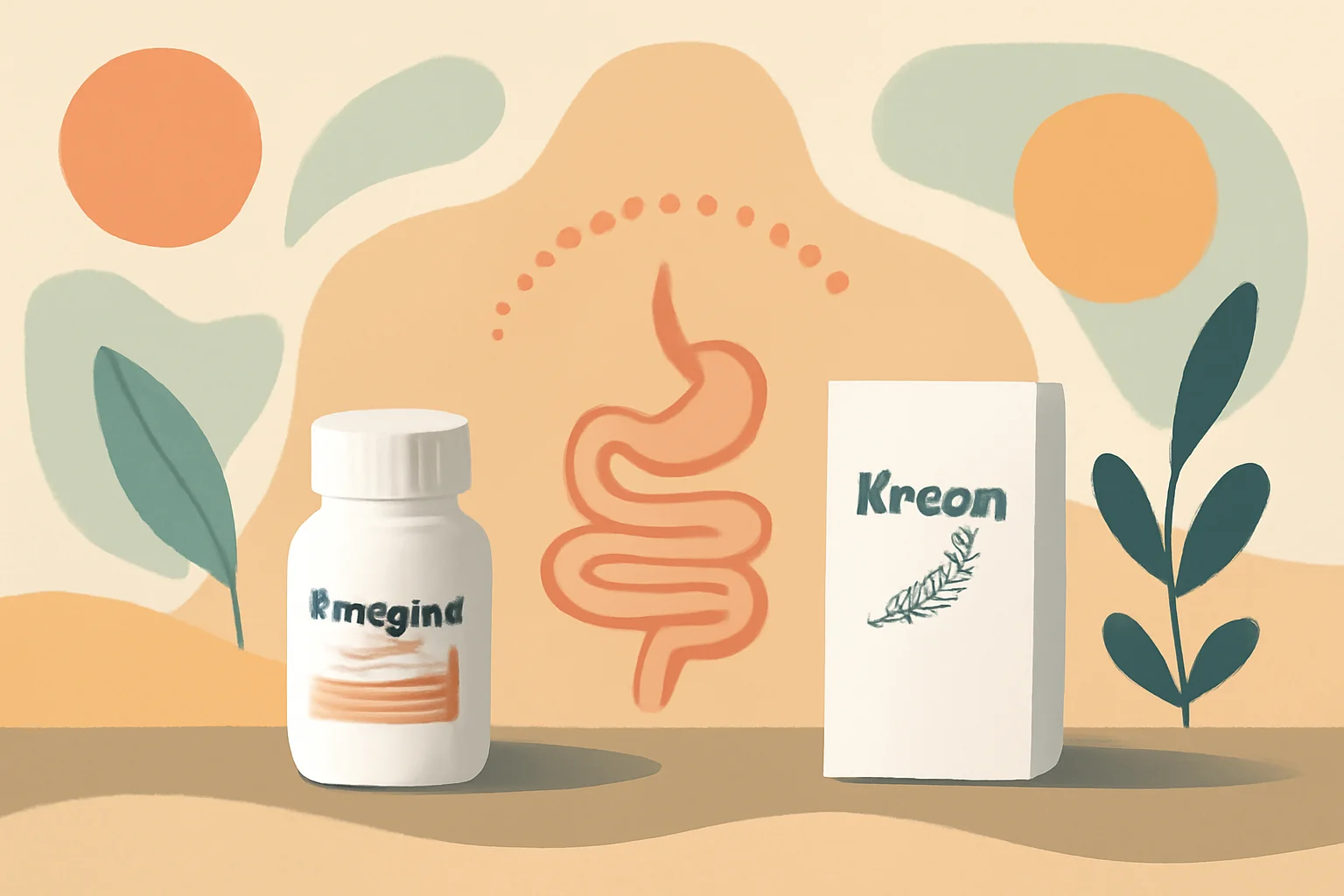
The effects of broccoli: Why should it be included in the diet?
The broccoli, as a vegetable, has gained immense popularity in recent decades, and for good reason. This nutritious, green vegetable boasts numerous health benefits that nutrition experts also recognize. Broccoli is not only delicious but also rich in nutrients, making it an ideal choice for our daily diet. In terms of healthy eating, broccoli occupies a prominent place, as it is packed with vitamins, minerals, and antioxidants that contribute to the proper functioning of the body.
Consuming broccoli positively affects not only our health but can also be easily incorporated into various diets, whether vegetarian, vegan, or even paleo. Thanks to its versatility, broccoli can be used in a variety of dishes, whether steamed, grilled, or even raw. Furthermore, broccoli can not only be an integral part of our nutrition but also contribute to a more sustainable lifestyle, as it is a locally grown vegetable that is easily accessible.
Below, we will review the most important effects of broccoli and why it is worth incorporating this vegetable into our daily diet.
Rich in Nutrients
Broccoli’s nutrient profile is impressive, as it contains numerous vitamins and minerals. It is an outstanding source of vitamin C, which plays an important role in the functioning of the immune system. Vitamin C also acts as an antioxidant, helping to neutralize free radicals, thereby contributing to the protection of cells. In addition, broccoli is rich in vitamin K, which is essential for blood clotting and bone health.
Broccoli is also abundant in B vitamins, including B6, which plays a role in the proper functioning of the nervous system and metabolism. Folic acid, which is also found in broccoli, is particularly important for pregnant women, as it contributes to fetal development.
The mineral content of broccoli is also noteworthy, as it contains calcium, iron, potassium, and magnesium. These minerals contribute to the health of bones and teeth, as well as support the proper functioning of the cardiovascular system. Therefore, consuming broccoli not only increases our nutrient intake but can also contribute to the balance of various nutrients.
Due to the diversity of nutrients, broccoli can be an ideal choice for dieters, as it is low in calories yet nutrient-dense. Additionally, broccoli’s fiber content is significant, aiding digestion and contributing to a feeling of fullness.
Antioxidant Effects
One of the greatest advantages of broccoli is its antioxidant effects. Antioxidants help protect cells from the harmful effects of free radicals, which can contribute to the development of chronic diseases such as cancer and heart disease. Various compounds found in broccoli, such as sulforaphane, glucosinolates, and carotenoids, may be particularly effective in this regard.
Sulforaphane, which is found in broccoli and other cruciferous vegetables, has been shown in numerous studies to inhibit the growth of cancer cells. This compound activates the body’s natural defense mechanisms and promotes the removal of toxins from cells. Research has also shown that sulforaphane can reduce inflammation and improve cardiovascular health.
The antioxidant effects of broccoli are not only important for cancer prevention but also play a role in maintaining skin health. Regular consumption of broccoli can help preserve a youthful appearance by protecting against free radicals that cause skin aging.
Thus, antioxidants not only serve to protect cells but can also contribute to the long-term preservation of health. By consuming broccoli, we can not only intake nutritious foods but also strengthen our immune system and reduce the risk of various diseases.
The Role of Broccoli in Cardiovascular Health
The consumption of broccoli is particularly important for cardiovascular health. The antioxidants and anti-inflammatory compounds it contains contribute to maintaining heart health. Regular consumption of broccoli can help lower blood pressure and improve circulation.
The potassium found in broccoli helps regulate blood pressure, while its fiber content contributes to lowering cholesterol levels. Studies show that high-fiber foods, such as broccoli, can help reduce “bad” LDL cholesterol levels, thereby decreasing the risk of heart disease.
Additionally, the anti-inflammatory properties of broccoli may also contribute to heart health. Inflammation is a major risk factor for cardiovascular diseases, and consuming broccoli can help reduce inflammatory processes in the body.
To prevent cardiovascular diseases, it is important to pay attention to our diet, and incorporating broccoli into healthy eating can provide significant benefits. Broccoli is not only delicious but can also be a key vegetable in maintaining heart health.
May Aid in Weight Loss
Broccoli can be an ideal choice for those looking to lose weight, as it is low in calories but rich in nutrients and fiber. The fiber helps maintain a feeling of fullness, which can reduce cravings between meals. Additionally, broccoli has a high water content, contributing to hydration and the sensation of satiety.
Some studies suggest that broccoli may also play a role in boosting fat burning. The compounds found in it, such as sulforaphane, may promote the reduction of fat tissue, particularly in the abdominal area. Therefore, regular consumption of broccoli can help achieve weight loss goals, especially when combined with other healthy foods.
The versatility of broccoli allows it to be used in a variety of dishes, making it easy to incorporate into the daily diet. It can be steamed, grilled, or even served in salads. By combining broccoli with colorful vegetables and protein sources such as chicken, fish, or legumes, we can create even more nutritious and delicious meals.
Thus, broccoli is not only a nutritious vegetable but also an effective ally in weight loss, helping to achieve a healthy weight.
The information in this article does not replace medical advice. Always consult a doctor for health issues!

